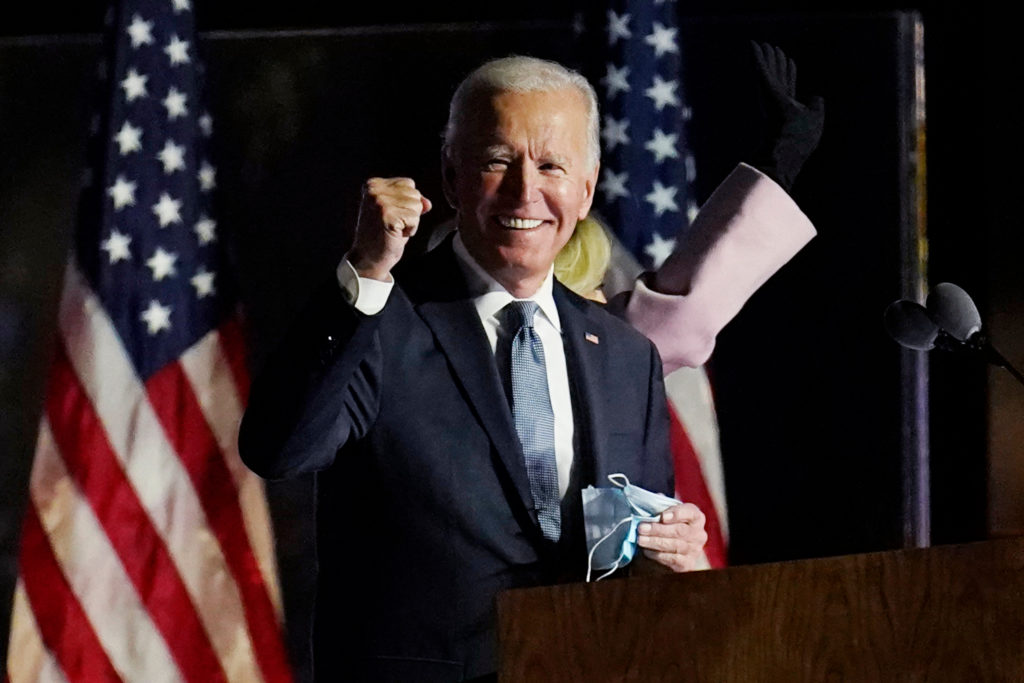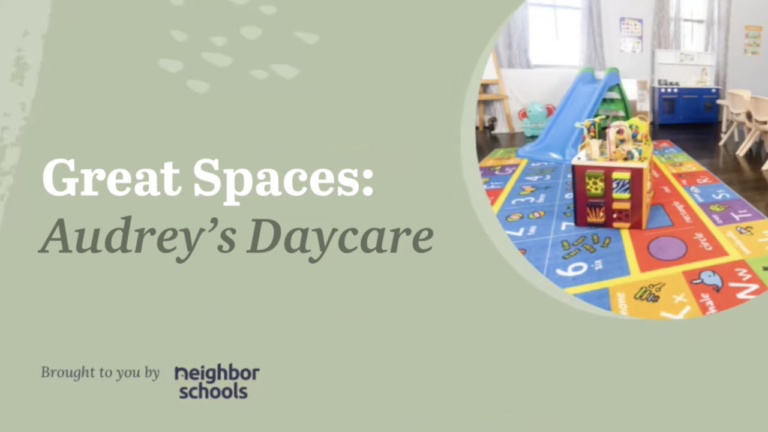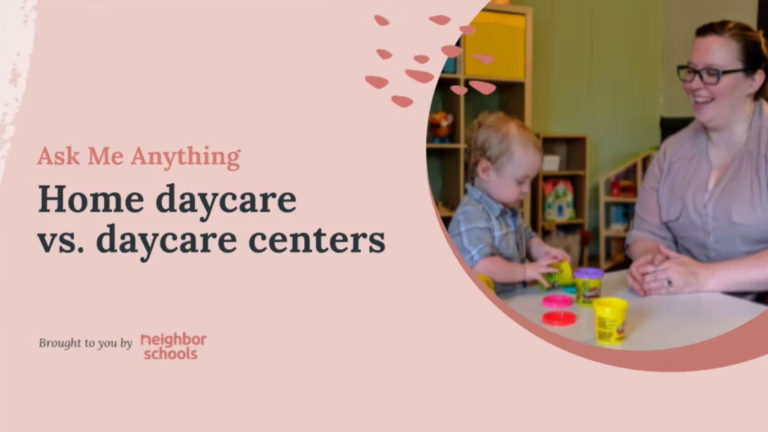Yesterday, the new Biden Administration released its action plan for Covid-19, and Biden signed an Executive Order that includes support for early childhood education providers. It calls for $25 Billion to support child care providers, and specifically addresses the needs of Family Child Care providers, who have been hit so hard by this pandemic.
Here’s what we know about the plan so far, and what it means for FCCs:
1. The plan calls for $25 billion to help providers weather the pandemic.
The pandemic has hurt the child care industry. Covid-19 and its impact on the economy pushed parents to pull their kids out of child care, which in turn meant providers lost a lot of revenue.
The $25 billion will help child care programs cover costs like rent and utilities. The plan also wants to cover pandemic related costs like masks, gloves, and cleaning supplies, which we know can add up to an average of $500 a month to FCC providers’ expenses.
The plan also calls on the U.S. Department of Health & Human Services to give guidance to states on safety measures like cleaning, wearing masks, and Covid-19 testing.
2. It still needs to pass through the U.S. House and Senate.
The next step is passing the $25 billion proposal through Congress. With Biden’s Democratic majority, there’s a good chance that this will pass. We expect Massachusetts representatives and senators are on board, especially since MA-5 Representative Katherine Clark has been spearheading child care relief for the past year.
But it may not be a slam-dunk either. It will probably make its way through the House, but any spending plan will need a 60-vote-super-majority to pass in the Senate, so they’ll need to get some Republicans on board. But if that doesn’t work, Biden will try to pass it through the budget reconciliation process, which needs only a simple majority.
Either way, the odds are favorable that some form of this plan will pass.
3. Once passed, it’s up to the states to disperse the funds.
If the bill passes, the $25 billion splits among states and territories. At that point, it’s up to each state to figure out how to spend the money, with guidance from the federal level. For example, in Massachusetts, the Department of Early Childhood and Education (EEC) will be responsible for distributing the funds.
However, we’ve seen this situation before. Last year, when the Paycheck Protection Program rolled out, it claimed to help FCCs. But instead, many FCCs found themselves either unable to get a loan or hit several hurdles along the way to finally receiving one.
So how will states handle the distribution this time? We have yet to learn how the funds will be divided between FCCs and centers. And in Massachusetts, we’ll have to see if the EEC decides if the funds go to just voucher programs or everyone—private pay included.


Stay updated
Join the conversation on Facebook as we post updates on the plan as it rolls through its next steps. Next week we hope to have more details on how state agencies will allocate money to different child care programs – and how much of that money will make it directly to the FCCs providers that have been hit the hardest.






